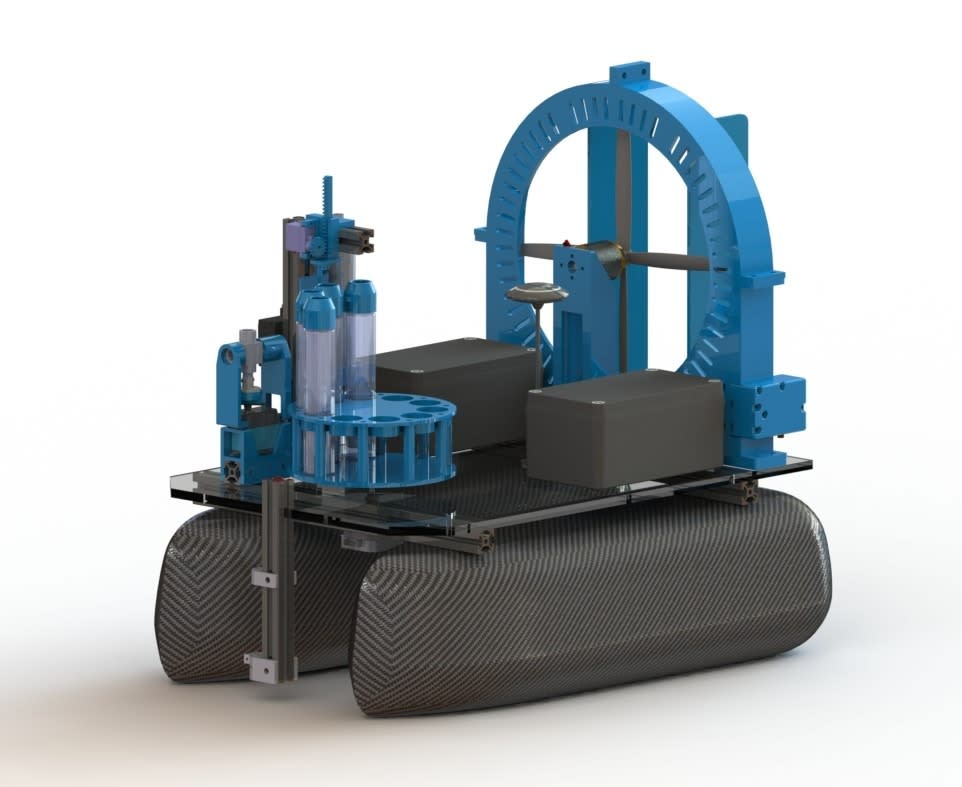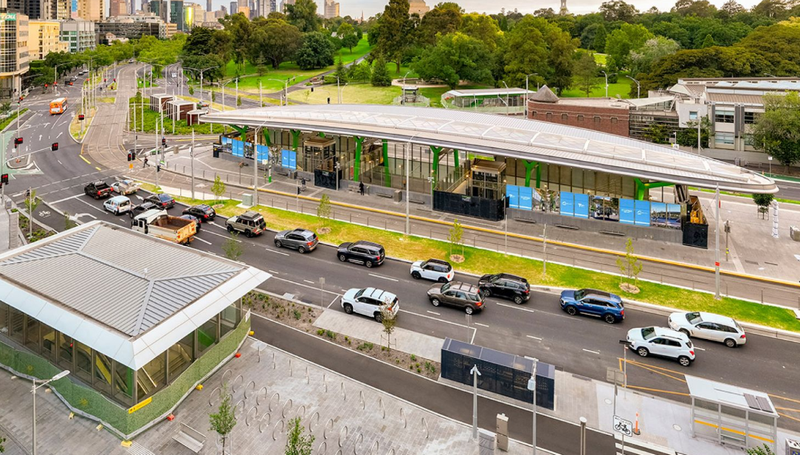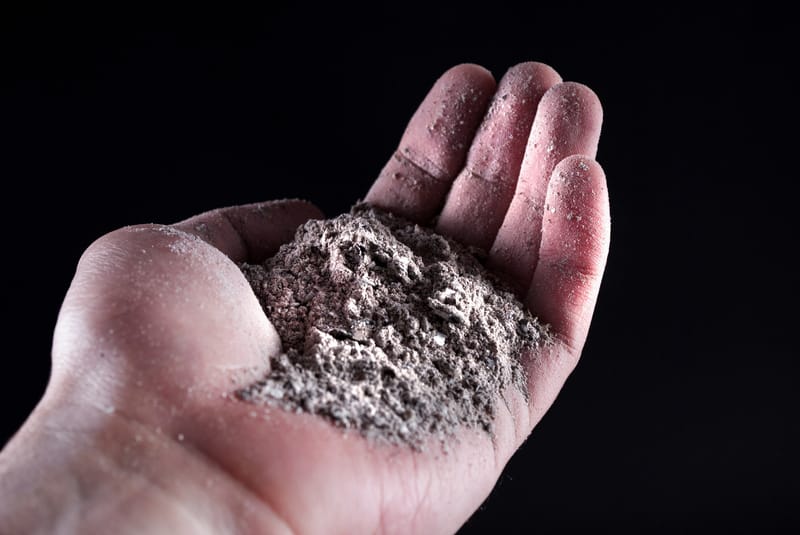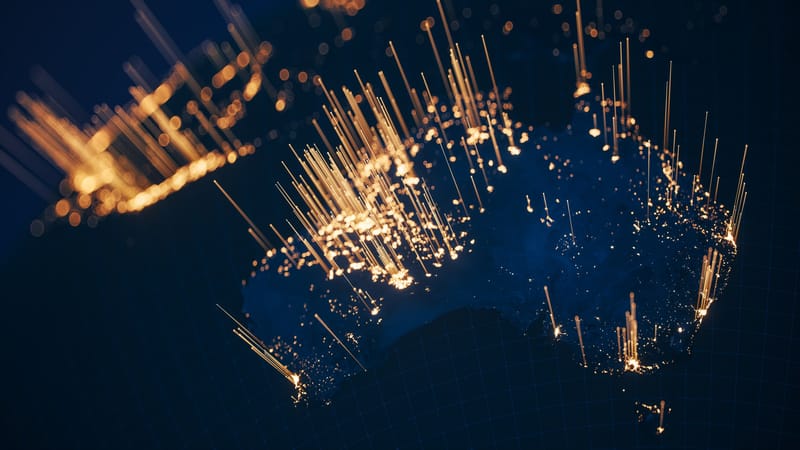
Despite current efforts, water pollution remains a major environmental issue in Malaysia and many other developing countries.
In September 2020, a water pollution incident caused the water supply to be cut from hundreds of thousands of households in Klang Valley, Malaysia. A month later, the water supply was disrupted again due to raw water pollution in the Semenyih River, emanating from the Sungai Semenyih Water Treatment Plant.
“Currently, the water is monitored and sampled manually or through dedicated stations installed near the river bank, lake, or reservoir,” says Associate Professor Poh Phaik Eong, a director of research excellence at Monash University Malaysia.
“[This] may not fully represent the overall water quality, and doesn’t provide real-time information to enable raw water plant operators or relevant authorities to make quick judgments.”
Surface vehicles can be a potential alternative to monitor the water and provide information to prevent possible contamination from water treatment plants, providing a way for authorities, industries, and other non-governmental environmental agencies to monitor waterways and water bodies, and collect water samples conveniently and effectively.
Other potential industries include agriculture and fisheries, where the water quality may affect the quantity and quality of their yields.
Introducing ‘Buoy Scout’
Researchers from Monash University Malaysia’s School of Engineering have developed an unmanned surface vehicle (USV) with a lightweight autosampler that autonomously collects water samples, and can hold up to 10 samples despite its compact size.
Called Buoy Scout, it’s an autonomous vehicle that can travel on the water’s surface, including rivers, lakes and water reservoirs. It’s equipped with a wireless transmitter, GPS, and various sensors to navigate the water and monitor water quality.
“It also has a unique autosampler that can collect water samples and store them for laboratory analysis,” says the the School of Engineering’s Dr Darwin Gouwanda.
“This is in contrast to the commercial autosamplers, which tend to be bulkier and heavier, as they’re designed to be used in labs,” he says.
Read more: Turning dirty water clean: Portable water filter to aid disaster relief efforts
He says the existing surface vehicles are expensive, heavy and bulky.
“They are primarily designed for hydrographic and bathymetric surveying, meteorological monitoring, and geophysical exploration.
“Therefore, they’re not economically viable for poor and developing countries, and may not be suitable for water monitoring and sampling of lakes, water reservoirs and rivers.”
Inexpensive and portable
Buoy Scout is a small, lightweight vehicle that can collect and transport water samples for laboratory analysis. It’s inexpensive, and can be easily stored and transported in a conventional car boot.
It manages the whole sample extraction process. During sampling, water is extracted using a pump, and transferred to the tubes placed on a rotating platform. An electronically-controlled valve is used to control the flow of water and redirect it as needed.
“Buoy Scout adopts a multi-hull design that allows it to navigate through shallow waters, and waters with a high concentration of vegetation,” says Dr Gouwanda.
“It can be controlled manually or autonomously. This means that it can be controlled by an operator using a wireless controller, or it can be controlled autonomously by using GPS coordinates.”
Read more: Restoring a forgotten river in Subang Jaya, Malaysia
The use of unmanned surface vehicles will ensure water quality at lakes, reservoirs and rivers is well-maintained, and pollution can be detected early to avoid or minimise water disruption.
For example, it can be deployed once a week or once a month on water reservoirs, lakes or rivers to monitor the water quality, and provide the relevant data to the authorities, industries or non-government organisations.
Dr Gouwanda, Associate Professor Poh, and master’s student Lee Khai Hoe have been working on the USV since 2020, and it was tested in a lake around Klang Valley. The team won the silver award at the Innovation and Technology Exhibition (ITEX) 2022.





